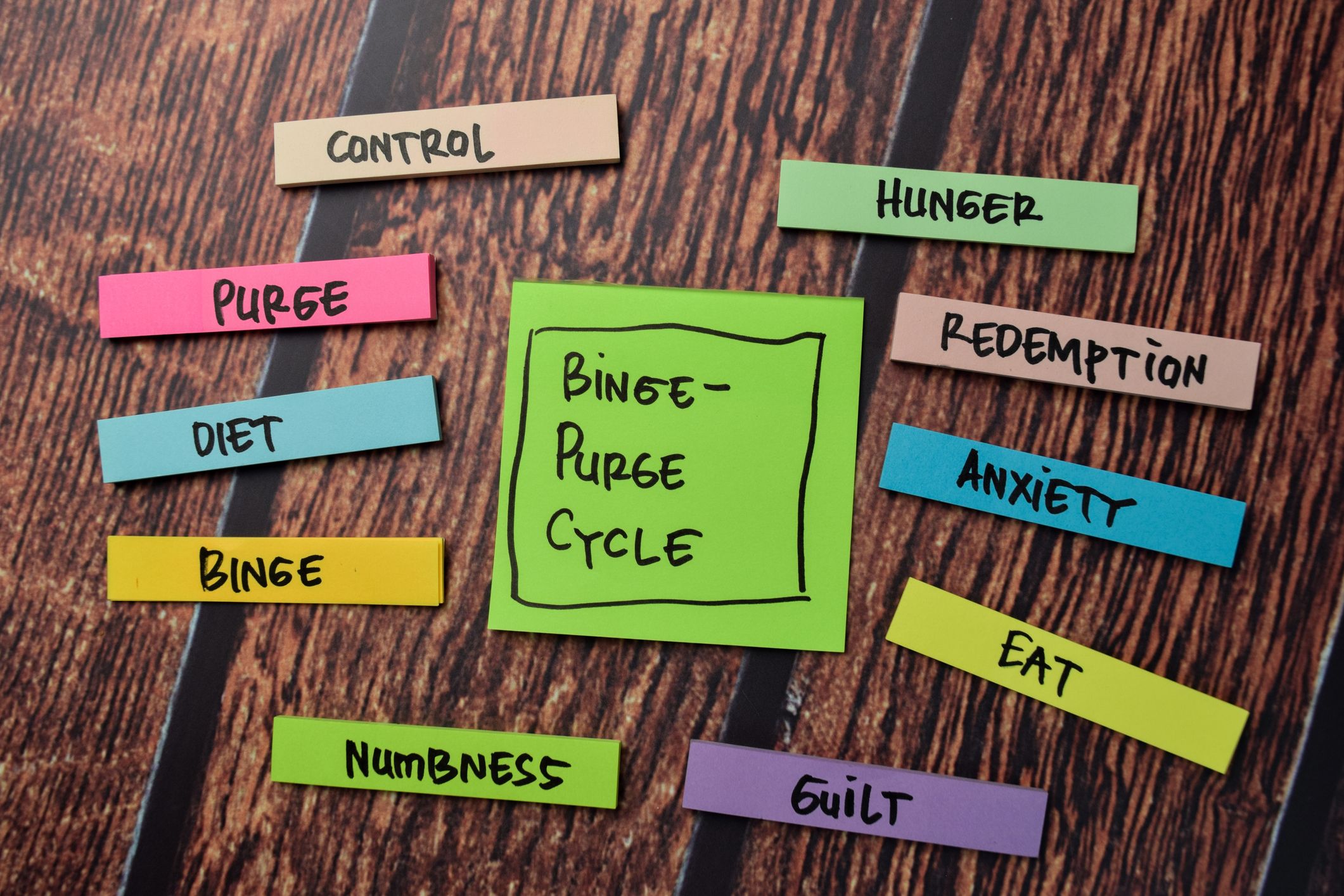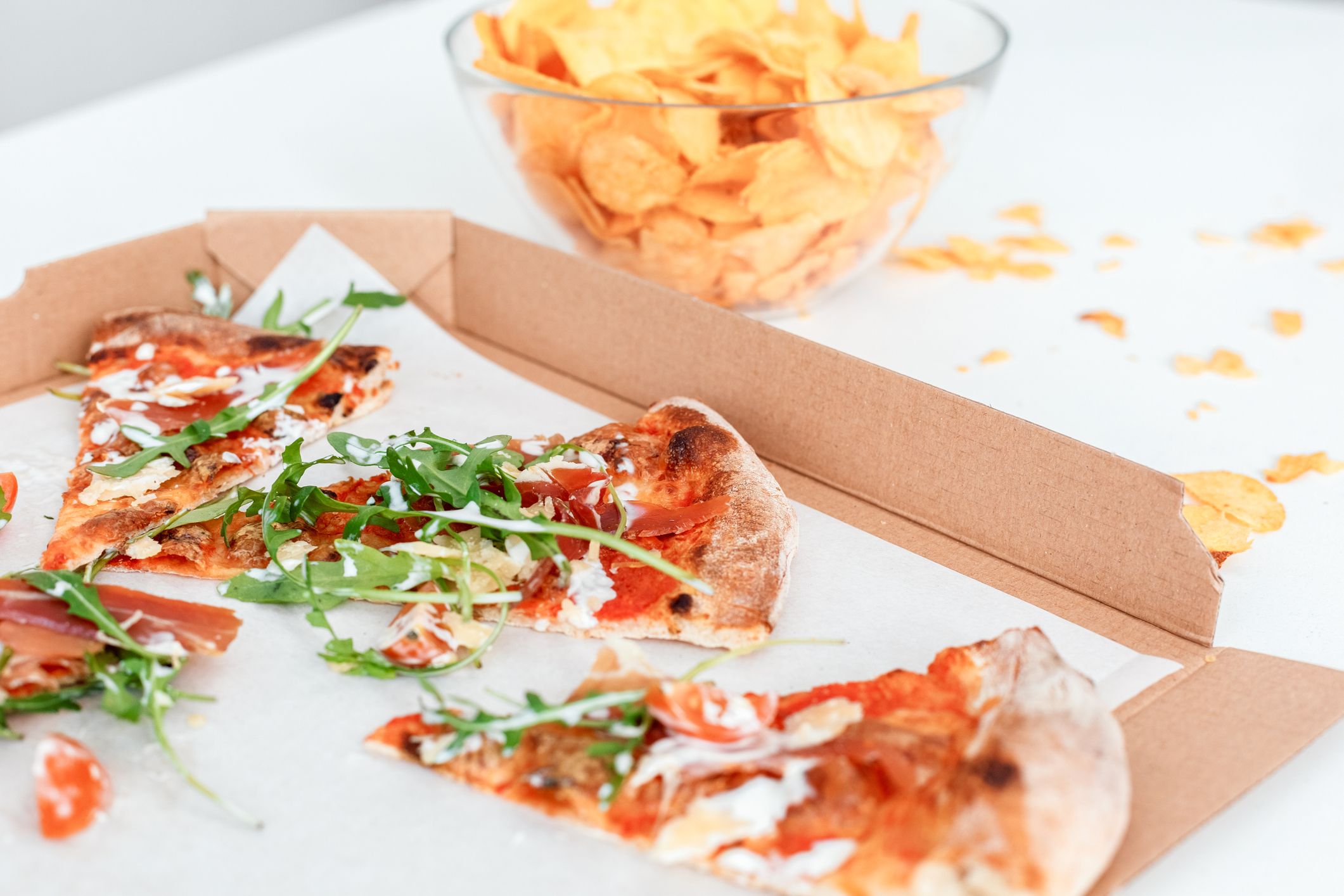- I can’t control my appetite!
- I have a willpower problem!
- I have no discipline when it comes to food!
- I am a binge eater!
Are these some of the things that you tell yourself? For a lot of us, these are the narratives around food and eating that we live with on a daily basis. Our relationship with food, one that is designed evolutionarily to be nourishing, satisfying and even pleasurable, can, in reality, feel punishing, unsatisfying and painful.

The fear of losing control around eating can be compared to being hunted by a sniper who is lying flat on a roof somewhere and might take a shot at any minute – it’s incredibly stressful! What if I told you that you could start to look at these narratives differently? That you do not have a willpower problem waiting to strike and that binge eating is not some kind of moral weakness? Read on if you want to see things from a different perspective.

We live in a society where diet culture and chronic (yo-yo) dieting is so ingrained in us, most of us probably started dieting before we even asked ourselves if we needed to, before we were even given a chance to know our bodies. Not only are we bombarded by messages about how we should look, we are even given the wrong information about how we should eat to get to these unrealistic body standards.
Most of us have been put on endless diets that left us starving and unsatisfied because what we were eating lacked the real nutrients our bodies need. So, there we were, thinking we had successfully stuck to yet another diet plan, but our bodies and brains were starving and screaming out for nourishment. Our brains are designed to be very pushy about their needs (a brilliant system that keeps us alive) and so when the brain perceives lack of nourishment or starvation, it commands us to eat. This is often what is happening behind the scenes of binge eating — we can wonder what we are doing wrong, but our brains are doing exactly what they need to do to keep us alive.
Without knowing it, deciding what, when, how and how much to eat can feel like an air raid siren going off in our heads, warning us to be cautious, making our relationship with food very stressful — a relationship that was actually evolved to be pleasurable and satisfying (so that the human race didn’t die out). We have learnt to count calories, treat our bodies like machines and fear the very system that nourishes us. The food we have been told to eat (the cheap, “prepare under 10 minutes” skinless chicken and low-fat pasta dish we are told is healthy) that is actually full of sugar, has further entrenched that food can be a quick fix. We have lost trust in our bodies’ ability to tell us what it needs and we can easily miss the cues. Sadly, the world has taught us to couple fear, shame, anxiety and punishment with food. We have been conditioned to believe that food is the enemy, fat in food is the enemy, our appetites are the enemy and sadly that our own bodies are the enemy. We navigate the world of food like a team of soldiers lost in an unknown terrain, with enemies hiding all around us.
Now, you may be contemplating starting a new way of eating (Keto) or may already be a Keto expert but despite starting to nourish your body, the incredibly stressful experience of food being the enemy still remains. Kind of like a post-traumatic stress that a soldier experiences after he has come back from war. Sometimes this manifests in us not truly being present when we eat, because eating is paired with fear, maybe of getting fat, being too full or maybe being too hungry. This is not always a conscious process but you might find that you can eat a meal so fast and without being present, it can be over before you even realise you started.
When we eat in this stressed-out state, our bodies do not have time to process and scan what we are eating, so it misses any tastes, pleasure or the entire experience of the food – interpreting this missed experience as hunger. It’s kind of like having to step into one of those full body x-ray scans at the airport; it needs time to process and scan you. Similarly, your body needs time to do that scan and get your digestive juices flowing so that you can efficiently digest and absorb what you need from the food. If your body doesn’t have the time to make sense of what you are eating, your brain thinks you are hungry and orders more. We can be so stressed out and detached from our relationship with eating that our brain misses all the cues, commands that you eat more and a binge can ensue.

So, news-flash, let that air raid siren go off in your head when you read this: binge eating, over eating, feeling out of control is not about will power. We can actually understand our behaviours when we understand how stressful our relationship is with food and eating. It is your body doing exactly what it is meant to do to keep you alive, it’s just that our brains and bodies are still traumatised from previous experiences. Stress around food also de-regulates appetite; for some it makes us feel hungrier, a process controlled by our brains and bodies. The idea that we should control our appetite, as if we can just turn it on and off, is just another indication of how the world has taught us wrongly about how eating works. It is our job to learn to listen to our appetite, understand it and regulate it, not control it.

So, if you allow yourself, you can view your thoughts and behaviours around food for what they really are, symptoms of an un unhealthy and stressful relationship with food (and maybe with life too). If you can manage to be kind to yourself, it is possible to create a working relationship with food. One part is nourishing your body and brain with what you eat (this is where Keto comes in), but another part is nourishing your mind by understanding what is really going on. We all need to learn to relax when it comes to eating, enjoy what we eat and make friends with that sniper and get him off the roof.
Here are some suggestions that you can try to combat binge eating:
- Destress for 10 minutes before eating
- Notice eating speed – slow down!
- Be mindful of eating – actually experience the food you are eating
- Be aware of the environment you eat in – is it stressful?
- Be aware of your state of mind – are you stressed and anxious?
- When you eat, be kind to yourself, maybe even enjoy it
Here is another great suggestion. RMR offers the Hero Group Support Program and the weekly Friday workshops in order to help you transform your relationship with food. These platforms allow for you to have your own little army of soldiers, so you can march through the battlefields of food and eating, knowing that you are not alone. You can grapple with those unhelpful narratives around eating and start to change them. The RMR Coaching Program offers one-on-one coaching and support. It is kind of like seeking mediation in marriage counselling, except you are working on the relationship between you and your eating.
So, if you struggle with binge eating or feeling out of control, it’s time to see it for what it is. Some of the behaviours and thoughts you may have are symptoms of a problem around a stressful relationship with food, a way we have been taught to view food, eating and ourselves. You are not just a person who lacks willpower and is morally corrupt if you struggle with this relationship – and by understanding this, you can start to do something about it. Food is no longer the enemy and your own amazingly designed body is not the enemy either. It is time for a ceasefire.

